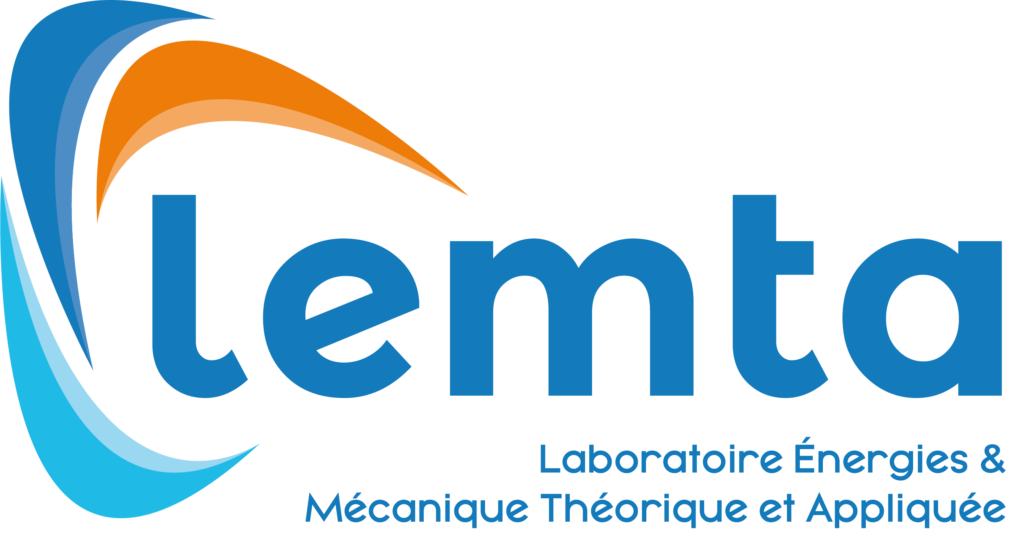The hydrogen platform of the EMPP Pole brings together the equipment and skills of three laboratories: the LEMTA, the GREEN and the LRGP. It is a set of complementary equipment that uses hydrogen as an energy carrier for energy storage or as a fuel. These three laboratories of the EMPP research department are working on different aspects around this theme.
Scientific operation "Hydrogen and Electronic Systems"

Conversion Chains

Polyphasic Systems Team

Hydrogen
Electrochemical converters
Super-capacities
PEMFC
PEMWE electrolysers
LEMTA’s “Hydrogen and Electrochemical Systems” platform allows the in-depth study of local phenomena in open electrochemical systems such as fuel cells and membrane electrolysers, direct borohydride and alkaline fuel cells, electrochemical hydrogen compression cells or energy storage systems such as continuous flow batteries and supercapacitors. The coupled transfers of charge, heat and matter as well as the phenomena of ageing and degradation of materials are analysed using multi-instrumented and segmented cells carried out in the laboratory.

Segmented and instrumented cell in operation

Linear segmented cell 30x1cm²
Electrolyser with proton exchange membrane
power electronics
modeling
control
energy management
The “hydrogen” platform developed at GREEN on the site of the IUT of Longwy aims to test new energy conversion architectures for electrolysers via their control, and to model and emulate electrolysers. Electrochemical conversion, degradation and ageing are also important aspects taken into account in the study of electrolysers. The objective of these research activities is to optimize the energy management of hybrid electrical systems including renewable energy sources and hydrogen technologies for the production, storage and cogeneration of electricity.
Test bench developed for the validation of the electrolyser emulator.

Hydrogen production line based on a wind power system.

PEMFC batteries
transport phenomena
impedance spectroscopies
supercapacities
Batteries
The “Fuel cells and associated systems” platform of the LRGP allows, on the one hand, the physico-chemical and electrochemical characterization for a better understanding of the functioning and aging phenomena in PEMFC-type fuel cells. New tools (permeability measurement cell) and new methods (electrochemical pressure impedance spectroscopy) for a better understanding of transport phenomena in gas diffusion layers are currently under development. On the other hand, the behavior of PEMFC cells during hybridization with battery and supercapacitor type energy storage systems is being studied with GREEN.
Direct hybridization of PEMFC cells – supercapacitors.
Power contribution of the battery on a standardized European profile (NEDC).
LUE thesis at the origin of the HY2CAR project associating 25 assistant professors, professors and researchers from the University of Lorraine (from LRGP, GREEN, LORIA, CRAN, PERSEUS, BETA laboratories).

PEMFC-100 cm² bench developed for electrochemical pressure impedance spectroscopy.
Partnership with Institut für Energiesystemtechnik – Hochschule Offenburg.





